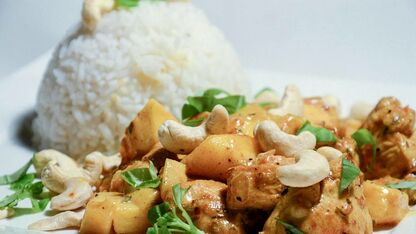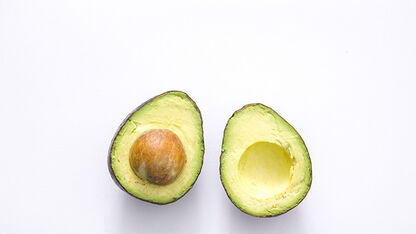Is Milk Actually Good For You?
One drink that raises a lot of questions regarding its health benefits is milk. From the times we were learning to walk, went through puberty, and now -- we've been encouraged to drink it. The main motivator behind this is the lifelong myth that milk strengthens our bones. While this fact is correct, it also ignores some very common secondary effects that come from drinking milk.
Just like meats and poultry, milk is in the VIP guest list for the antibiotics, pesticides and hormones party. It seems like every time a product goes into commercial production, too many things get lost in sight and the $$$ aspect overtakes.
Milk makes the case for the perfect controversy. It presents many benefits, which are at the same time jeopardized by the disadvantages:
Benefits
• High source of calcium: main function of maintaining and improving the development of healthy bones and teeth
• High source of potassium: associated with a reduced risk of strokes, heart disease, and high blood pressure
• One of the best sources of choline: helps with sleep, muscle movement, learning and memory
Disadvantages
• High in calories
• Milk is a highly mucus-forming food, and over time it creates a hardened layer in the intestines that prevents the absorption of nutrients
•All of the chemicals fed and injected to the cow are transferred directly into the milk
• Pasteurization: turns milk into a processed food
• Homogenization: process that reduces the size of the milk fat globules so that they are evenly mixed throughout the rest of the milk
The major question tends to be: is milk meant to be consumed by humans? We are the only mammals who continue to drink milk after the lactation period is over, and also the only species to consume milk coming from another animal. In milk, we have found an amazing source of some essential nutrients, but with that we have also given our body the hardest task ever— to break down this highly-processed and heavy liquid. Research shows that milk is digested with an enzyme called lactase, and it is supposed to stop being produced when we are between 2 and 5 years old. Being able to digest it properly is the result of a weird genetic adaptation that we have acquired, and less than half of the population has it fully functional.
There are many alternatives to drinking milk coming from animals. Among these are:
- Soy milk: most similar nutritional values to cow's milk, with high protein content and often fortified with calcium, vitamins A and D and riboflavin. However, due to its popularity it is being criticized to being more and more chemically processed.
- Almond milk: almonds are rich in magnesium, potassium, manganese, copper, the antioxidants vitamin E and selenium, and calcium. Just don't count on this milk too much for protein intake.
- Coconut milk: has the texture that is closest to the one of whole milk and is relatively high in fat. Free of soy and gluten, and a good substitute for cooking.
- Rice milk: processed from brown rice and usually fortified with calcium or vitamin D. This milk is mainly just a source for carbohydrates and is sweet due to the brown rice syrup.
- Hemp milk: high source of omega-3 and -6 essential fatty acids, calcium, and phosphorous. Commonly fortified with other vitamins and minerals.
- Oat milk: high in fibers, cholesterol & lactose free, contains vitamin E and folic acid.
I cannot stress enough that, like most things in life, moderation is key. A lot of the negative aspects are due to high consumptions of milk (any kind), but with a healthy portion and a balanced diet aside from it, the benefits will push through. Living and coming from a Northern European country, I can say from first hand experience that milk is just a part of most children's lives while growing up, and that's not something I am criticizing nor trying to change. It's better to be informed than putting our bodies in harm's way! :)
Sources:




